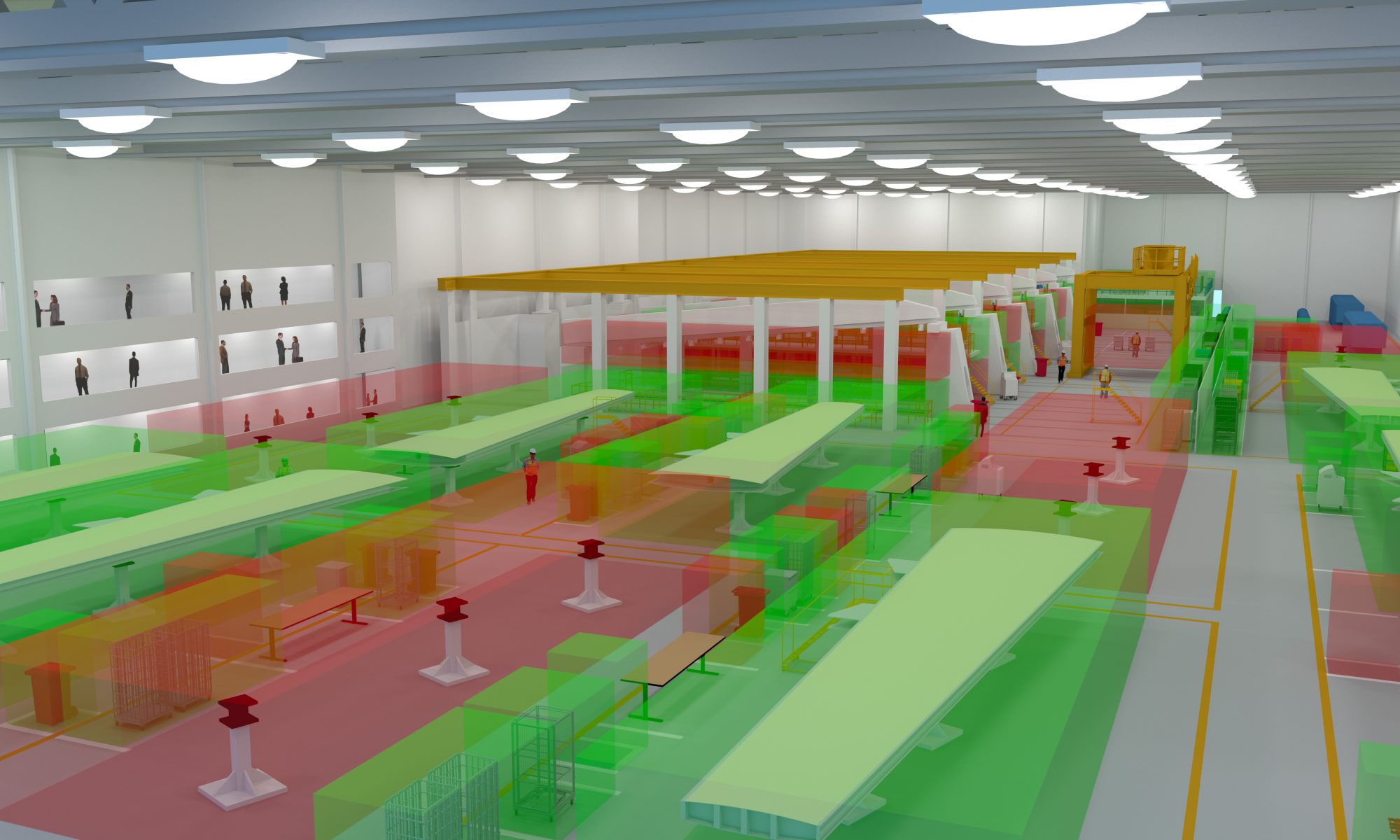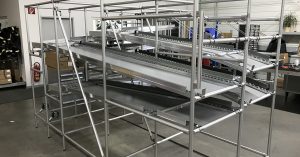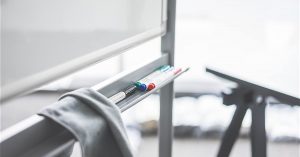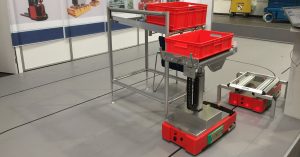How companies with real-time localisation and localisation-based order management can benefit from new lean production methods.
Along with Industry 4.0, a common theme on the item Blog is the 7 Muda and other approaches to lean production. With margins tight and competition stiff, production efficiency is a big issue for many small and medium-sized enterprises (SMEs). And although plenty of companies understand how to use the continuous improvement process (CIP) to achieve lean production, the problem is knowing where to start.
One challenge in lean factory design concerns the time delay in getting access to crucial data. Problems can, of course, usually be retrospectively traced back to a particular production order and the workforce can be relied on to suggest potential improvements. All the same, to achieve optimum production management, production planners need access to information in real time.
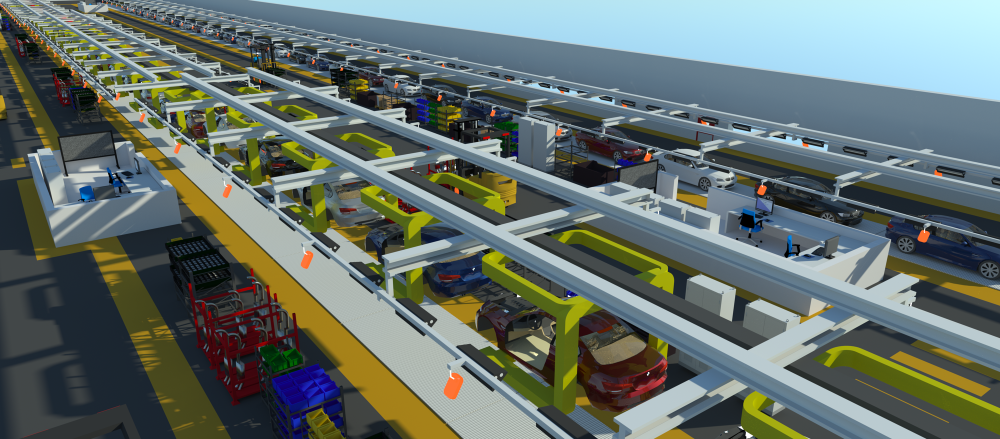
CIP based on real-time localisation
To rectify this situation, Ubisense has developed a custom configurable management system that can be used to optimise production processes and reduce errors in the manufacturing process – and do so without interrupting production. At the heart of the “Ubisense Smart Factory” is real-time localisation based on a high-precision indoor GPS. This system identifies the position of objects in production and tracks their movement – all with an accuracy down to 15 cm. This method eliminates the time-consuming process of label scanning and thus reduces reaction times and production costs.
A whole host of customers, including Airbus and BMW, are already using the Ubisense Smart Factory. However, the system is not just suitable for large companies. SMEs in particular can benefit from real-time localisation and management systems.
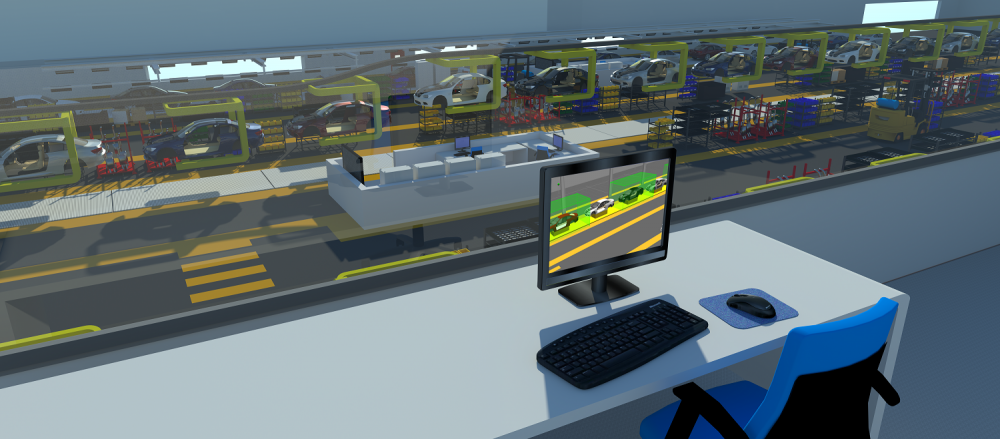
Localisation-based order management reduces management outlay
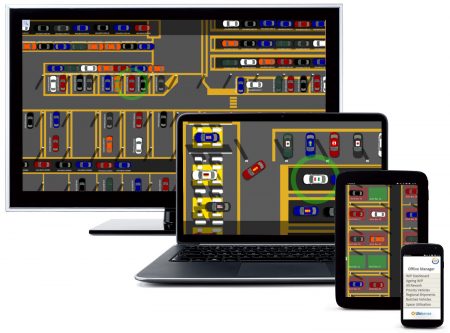
Lean factory design is an interesting concept for companies of all sizes, since investment costs are largely directly proportional to the size of the in-house production operations. All it takes to implement the Ubisense Smart Factory is an incredibly simple infrastructure comprising small and active transponders (tags), sensors and the user software. Once all the orders in the production system have been given a tag, sensors in the building capture signals from the tags and calculate their position several times each second.
At the same time, localisation data from production is sent in real time to the user software and processed. The progress of customer orders is mapped in the software, which generates a whole new level of transparency. Localisation-based order management ensures that order progress can be accurately tracked at all times, as can the development of bottlenecks and weak points in production. Production planners are in a position to respond immediately and thus continuously improve production processes.
Production planning based on “lean factory design”
One aspect to this optimisation process is the reduced management outlay involved in fine-tuning transitional periods within the software. With Lean Factory Design, users can develop a process-optimised layout for their in-house production. A key requirement for localisation-based order management is that this layout can then be transferred to the management system.
Without interrupting production, Ubisense real-time localisation is used to assign customer orders to all the process steps in this layout. The localisation system captures the coordinates of each individual order in real time and identifies when an order has entered and left a process step. Subsequent orders are then automatically released. The advantage of this system is that response times are further reduced and customer order tracking is made a top priority. Production operations that organise and optimise themselves ensure that the best possible use is made of resources. This smart factory approach can give companies a considerable advantage over the competition.
Want to keep up to date with progressive production and production planning methods? Then we have something that might just help – simply subscribe to the item blog by completing the box at the top right!

